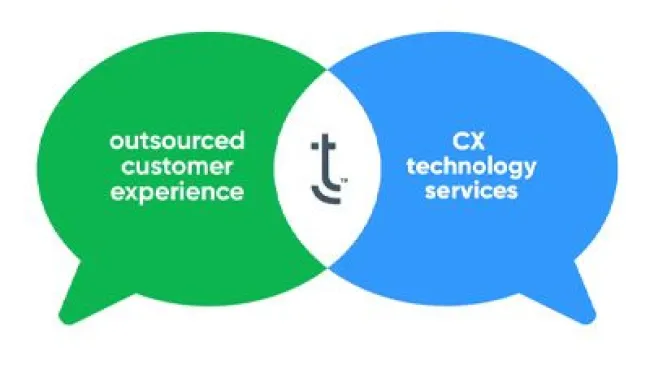Corporations have long avoided taking sides on controversial issues. Why risk alienating parts of your customer base? But in fact, more and more customers seek brands that proactively promote values and beliefs that are aligned with their own. “The days of being neutral are over,” said Forrester Research Director Melissa Parrish, at the recent Forrester Consumer Marketing Forum. “Consumers demand that brands take a side on issues.”
From tech firms to fast food corporations, companies are increasingly seeking to align their commercial activities with larger social and cultural values because customers are insisting on it.
The writing is on the wall
Research shows that consumers increasingly consider a company’s actions and values when making buying decisions. Last year, 52 percent of consumers said they factor company values into their purchases, up from 43 percent in 2015, Forrester reports.
Some companies struggle to link their business operations to a social purpose. For example, more than 200,000 consumers deleted their Uber accounts when the ride-hailing company was perceived to be undermining a taxi strike in protest of President Donald Trump’s executive order restricting immigrants from seven Muslim-majority countries.
Meanwhile, Lyft has fostered a narrative as an empathetic brand. The company scored kudos from its customers for actions like pledging $1 million to the American Civil Liberties Union in response to President Trump's immigration ban. And in response to critics, global fast food giants like Yum Brands and McDonald’s have pledged to end deforestation across its supply chains.
While consumers’ beliefs don’t always affect their purchase decisions, companies that ignore consumer perceptions are taking a risk. Even industries that face limited competition, like airlines, are vulnerable, as United Airlines has learned.
As videos of a bloodied passenger being dragged down the aisle of a United plane circulated, the social media backlash grew stronger, and the company’s stock began to plummet. It dropped as much as 4 percent, with United losing close to $1 billion in stock value two days after the incident occurred.
This issue likely triggered other costs as well. In fact, if United’s 86,000 employees were distracted by this incident and each person lost just a half hour of productivity, that would cost the company more than $2 billion, estimates Gartner analyst Augie Ray. Even if customers eventually return post-scandal, no company wants to experience such hits to its bottom line and brand reputation.
3 ways to prioritize
So what next? Charitable donations and volunteer work are a good start, but aren’t enough on their own to earn consumers’ and stakeholders’ trust. A good rule of thumb, according to Forrester analysts Jim Nail and Henry Peyret, is to identify and prioritize relevant values that resonate with your customers and integrate those values across the organization.
In a report, Nail and Peyret outline three steps to help companies find the right values that are meaningful to customers and the business:
1. Focus on values that have relevance and resonance to your customers.
Social listening tools, customer feedback surveys, and other resources can help leaders understand which topics are important to their customers.
2. Incorporate values throughout the company.
Aspiring to support social values is useless unless you support your employees. Also, employee compensation, benefits, and working conditions are important factors that consumers consider when evaluating companies.
3. Create tangible evidence of your values commitment.
Be transparent. Companies must show proof that they’re upholding the values they committed to. Provide information about the ingredients in your products and their impact on the environment, for example. Outline your company’s goals and hire a third-party to report on the organization’s progress.
The days when companies could ignore social and cultural values are gone. Remaining neutral is becoming less and less of an option for companies. How businesses choose to respond to this new reality will determine whether they’re still around in the future.
Like this post? Subscribe to our customer experience blog.
Also, check out the most recent issue of our monthly customer experience eNewsletter, Dialogue.














